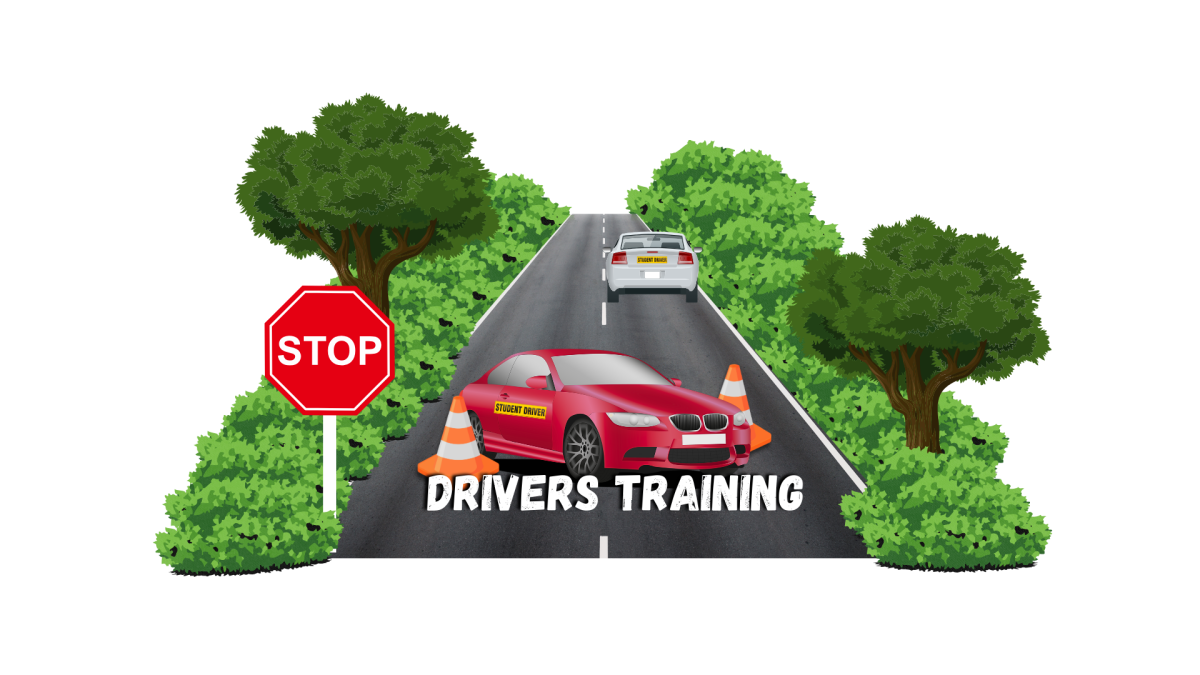
By Jose’ Luis Campos
Kalamazoo is counting on us. All of the US is watching us.
The Kalamazoo Promise is a great gift for Loy Norrix students because getting a college degree will give us many advantages. The Promise, which pays up to 100 percent of tuition at any of Michigan’s state colleges or universities for graduates of the Kalamazoo Public High Schools, is a unique opportunity. It motivates and empowers us because it is an opportunity that no previous generation before has had.
It is an opportunity we shouldn’t waste, but sometimes it feels like there is a price to pay for it that many cannot imagine.
Some of the pressure is warranted. Parents and teachers push us to attend classes and study hard so we get the most of out of our education. School administrators enforce strict rules so we go to class, get there on time and pay close attention to what teachers are telling us. Education officials insist on more homework to help us better retain the information we are taught. Experts on education add on more and harder classes to make sure that we are ready for college, and publishers create tests and books with more and new information, and tons of problems and examples to make sure we are ready for any situation.
In the end, students feel pushed from all directions, overloaded with work, confused by all the information, hassled, anxious, angry and exhausted.
While we are all quickly rushing to do our best, we are forgetting how to use the basic logic we have learned in our daily lives. Many of the things we hear and say about teachers, students, learning, going to class, test taking, homework and college are fallacies.
For instance, students get so stressed out they feel as though they will never succeed, so they might as well give up.
This is a false dilemma. False dilemma fallacies compare two opposites –I will be rich or poor, smart or dumb, succeed or fail, live or die. There are all sorts of fallacies that we hear and say about education:
- Either you go to sleep or stay up and do your homework.
- Pass the test or fail the class.
- You should do your math or don’t you think math is important?
- If you care about me, you will try harder in school.
- Either get an A or give up on college.
- You don’t know the answer, are you stupid?
- I thought you were a good student, but you didn’t hand in your homework.
- Failing schools means a failing economy.
And while the Kalamazoo Promise is unique opportunity, it adds a unique form of responsibility and pressure for us as Kalamazoo students who are pushing ourselves to work harder to get into better schools that we may not have otherwise been able to afford.
Catitlyn Moon, a senior at Loy Norrix, thinks The Kalamazoo Promise will help make things easier for her, but she also feels pushed by her parents.
“They’ve pushed for college even when I had already decided my plan to take a gap year. They warned me about possibly not getting The Promise after or never going to college,” said Catitlyn.
We might feel we are letting down our parents, school or community when we don’t succeed in using The Promise in giving back to our community. As a result there’s a lot of fallacious self-deprecating talk about wasting the Kalamazoo Promise.
Loy Norrix senior, Esmerelda Lopez feels we are privileged by the Kalamazoo Promise and that some people who have transferred to KPS for The Promise don’t take it as seriously as they should. On the other hand, she also feels confined to the KPS system because The Promise only extends to Kalamazoo Public High Schools. She also feels pressure at home.
“My mom pushes me to graduate and go to college, and it does stress me out a lot because she reminds me it is free money and she is not able to provide the money The Promise is providing,” said Esmerelda.
If we think about it rationally, we know that anxiety and stress don’t lead to better grades, there is no direct link between academic achievement and global warming, and so far there are no death certificates where a failed grade is listed as the cause of death.
Embellishing is a good way to express how we feel, but we shouldn’t take our exaggerations too seriously, and we should learn to recognize the harm that using logical fallacies can cause in our everyday lives.







